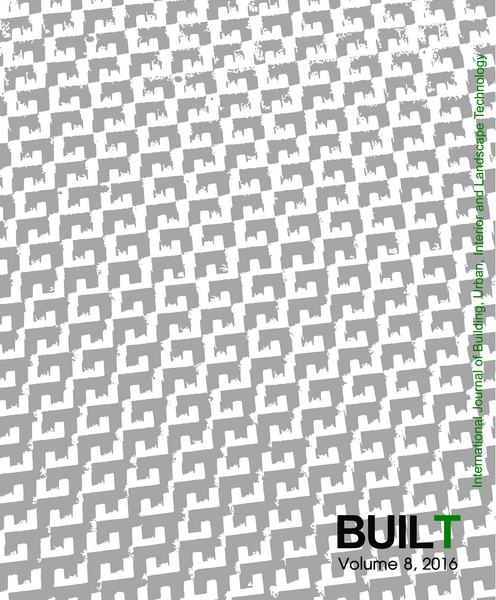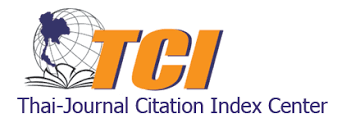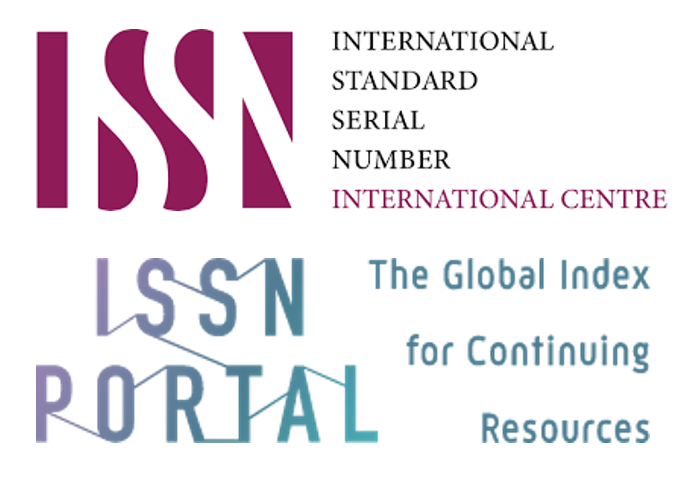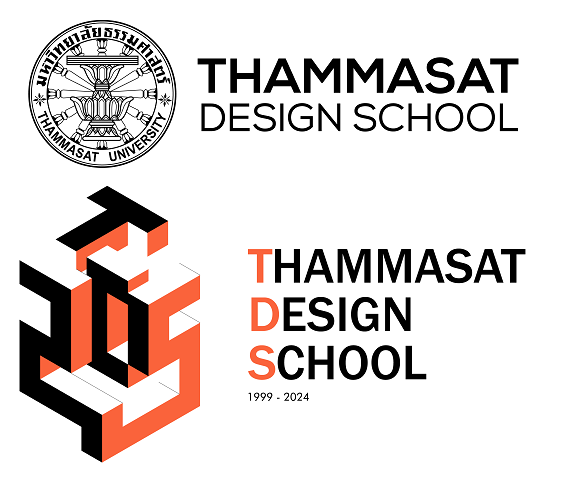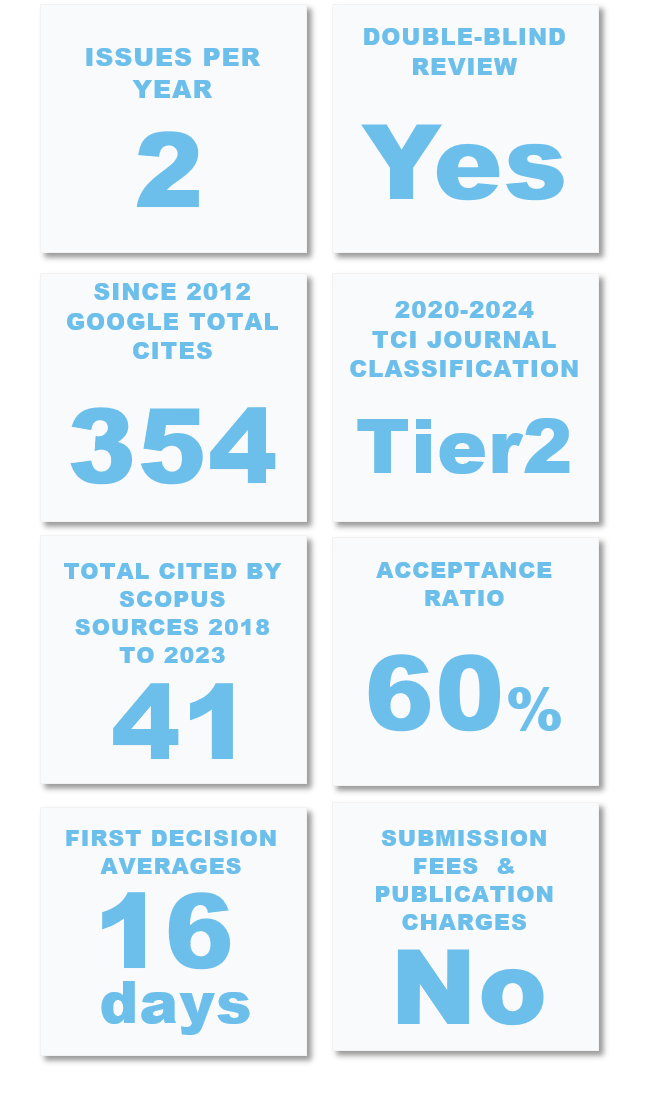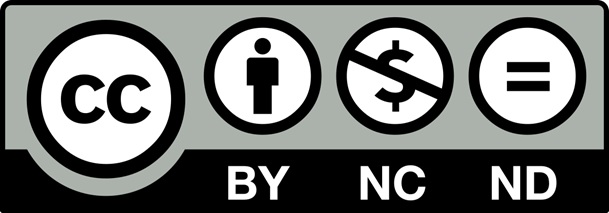Thailand 4.0 and the Built Environment: Lessons from a Global Entrepreneur
Keywords:
Environment, Global EntrepreneurAbstract
Thailand has currently been at the most crucial point in the recent history. Since taking control the country’s administration in May 2014, the military regime have been introducing reforms in various aspects including a new direction of development known as Thailand 4.0. Historically a traditional agriculture society, a long list of social and economic development plans adopting since early 1960s put Thailand in the middle income trap with inequality and imbalanced growth. Thailand needs to move away from heavy industries that consume so much resource, energy and quickly deteriorate the environment.
Downloads
References
Abbott, C., Jeong, K. & Allen, S. (2006). The economic motivation for innovation in small construction companies. Construction Innovation, 6, 187-196.
Egbu, C. O. (2004). Managing knowledge and intellectual capital for improved organizational innovations in the construction industry: an examination of critical success factors. Engineering, Construction and Architectural Management, 11, 301-315.
Egbu, C. O. & Robinson, H. S. (2005). Construction as a Knowledge-Based Industry. In Anumba, C., Egbu, C. & Carrillo, P. (Eds.). Knowledge management in construction. Oxford, Blackwell Publishing.
Maesincee, S. (2016). Thailand 4.0: Thriving in the 21st century through security, prosperity & Sustainability. Retrieved November 4, 2016 from http://www.ait.ac.th/news-and-events/2016/news/1thailand-4.0-english-dr.-suvit.pdf.
National Statistical Office of Thailand [NSO]. (2016). The 2014 construction industry survey: Whole Kingdom. Bangkok: Author.
Porter, M. E. (1985). Competitive advantage: Creating and sustaining superior performance. New York: Free Press.
Downloads
Published
How to Cite
Issue
Section
License

This work is licensed under a Creative Commons Attribution-NonCommercial-NoDerivatives 4.0 International License.

